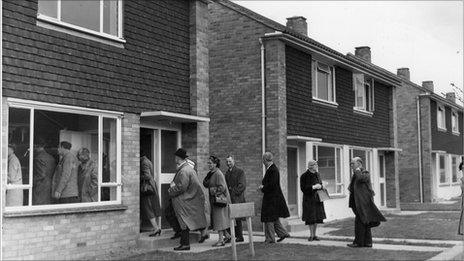Social housing stock 'to fall 370,000 by 2020'
- Published
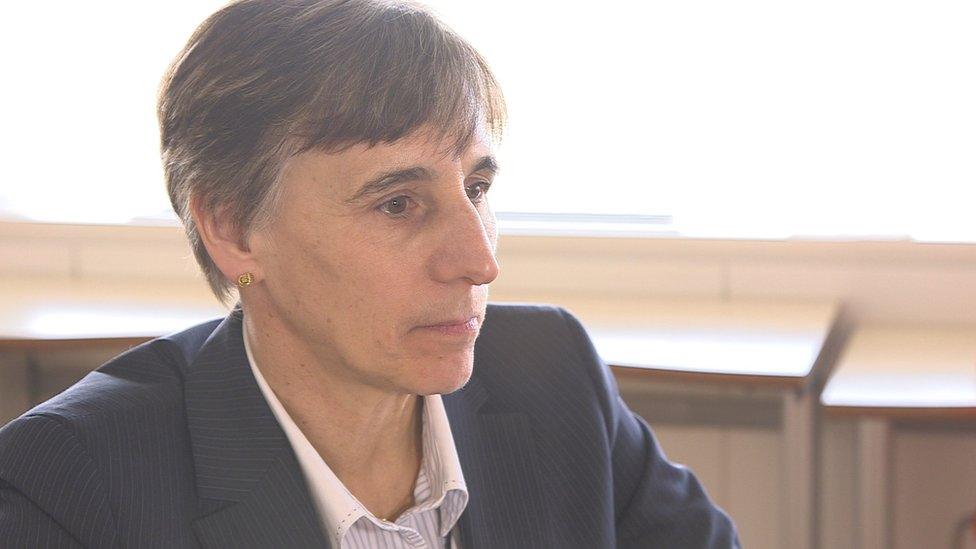
Terrie Alafat believes the Housing Bill is overlooking the need to supply affordable housing for rent
By 2020, 370,000 council and housing association homes could be lost in England, the head of the Chartered Institute of Housing has said.
Terrie Alafat said the government's Housing Bill was too focused on home ownership.
She told the BBC's Victoria Derbyshire programme it would do little to address the lack of social housing for rent.
Housing Minister Brandon Lewis said the government was putting "£8bn directly into delivering affordable homes".
He added: "We have seen over the last five or six years increases in council-built social-rent homes, so much so that we built more in the last five years than Labour did in 13."
'Huge decrease'
Ms Alafat told the BBC there "has been a huge decrease over a period of time in the number of homes for rent at sub-market levels.
"In 1980, we had about 30% of all homes being rented by councils and housing associations at affordable levels of rent. That is now at about 17% of all housing, and that is actually less than the private rented sector."
The Chartered Institute of Housing - which represents housing professionals - has calculated that by the end of this Parliament, 370,000 socially rented, affordable homes could be lost.
The figure takes into account "right to buy", the rate of house-building and other government policies. The figure, she said, equated to 9% of such homes currently available.

Tam's story
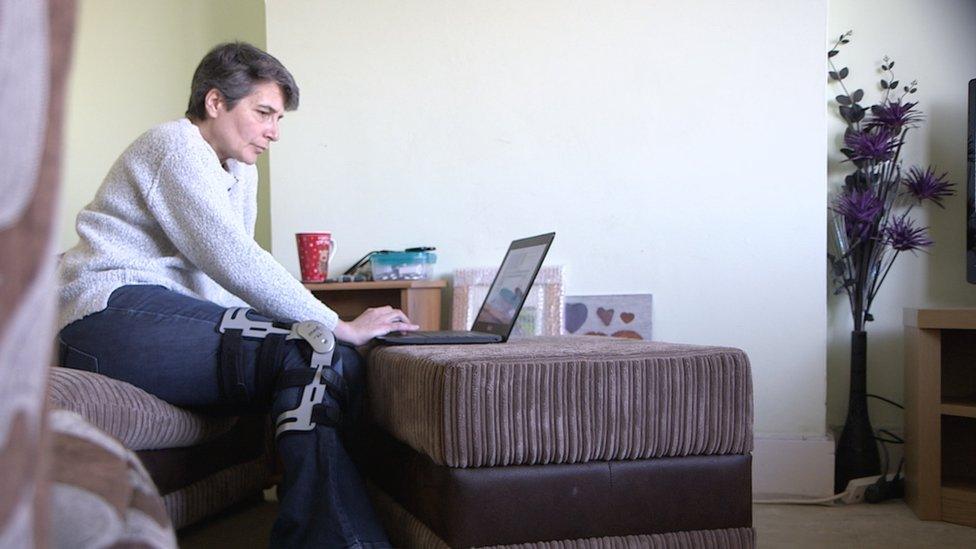
Tam Avery lives with her teenage son in Kent. Last year she had a fall and lost her job, and will have to move from her privately rented accommodation within a few weeks.
Tam has been on a social housing waiting list for about 15 weeks, alongside 2,500 other families in the area. There are about 5,200 council properties in the region.
Private renting has so far not been an option, as landlords are turning her down on account of her receiving housing benefits.
"What do I do? The council can't just say, 'We don't have enough properties to help.' There has to be an answer to that. If there are not enough council properties then they have to build more, or they have got to stop selling them."
Tam may be left with few options. If she stays in her home she will eventually be evicted and can register as homeless; then the council may have to put the family in temporary accommodation. The other option is to move back into her parents' home in their small spare bedroom with her 16-year-old son.
"I'm 46 years of age. I shouldn't be doing this. It's wrong."

Ms Alafat said the Housing Bill - which is to be scrutinised by the House of Lords in April - was "very focused on delivering the [housing] supply that we need through home ownership".
"If you look across the developed world, historically there's always about 20-25% of the population who cannot afford to own their own home or to rent on the market.
"What are we going to do about those groups going into the future if we allow social housing to continue to decline?"
Under the government's planned extension of "right to buy", an extra 800,000 people renting from housing associations will be given the same rights as council tenants to buy their own homes at a discount.
The government is planning to compensate housing associations in part by requiring local authorities to sell off "high-value" council homes when they become vacant and give them the profits.
But a number of housing associations in the north of England in particular believe the money raised will not be enough to replace the social houses lost.
Tony Stacey, chief executive of the South Yorkshire Housing Association, said: "The average value of a house we will be selling is about £80,000. To replace them costs on average £120,000.
"We don't want to be seeing the stock that we're managing declining. It's not what the region needs."
The Victoria Derbyshire programme is broadcast on weekdays between 09:15 and 11:00 on BBC Two and the BBC News channel.
- Published9 July 2020
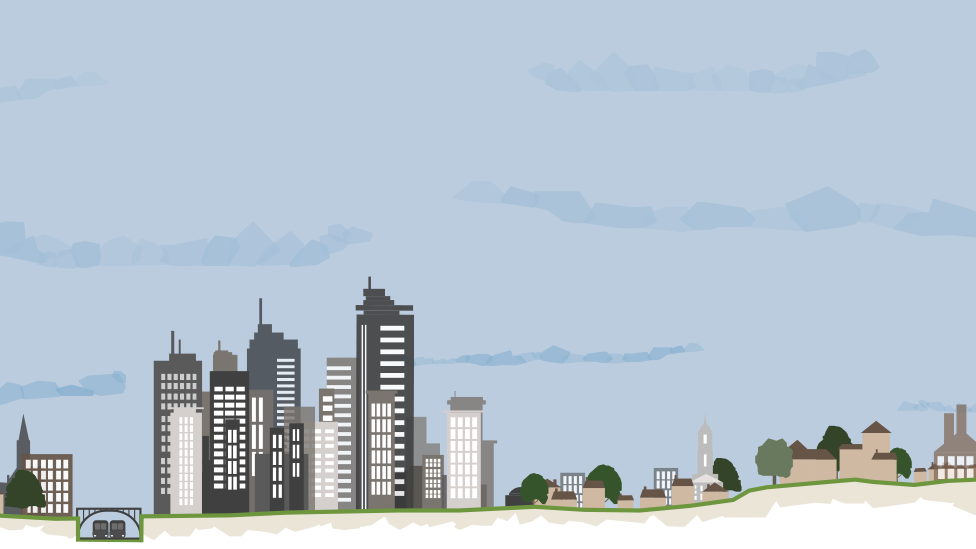
- Published7 February 2016
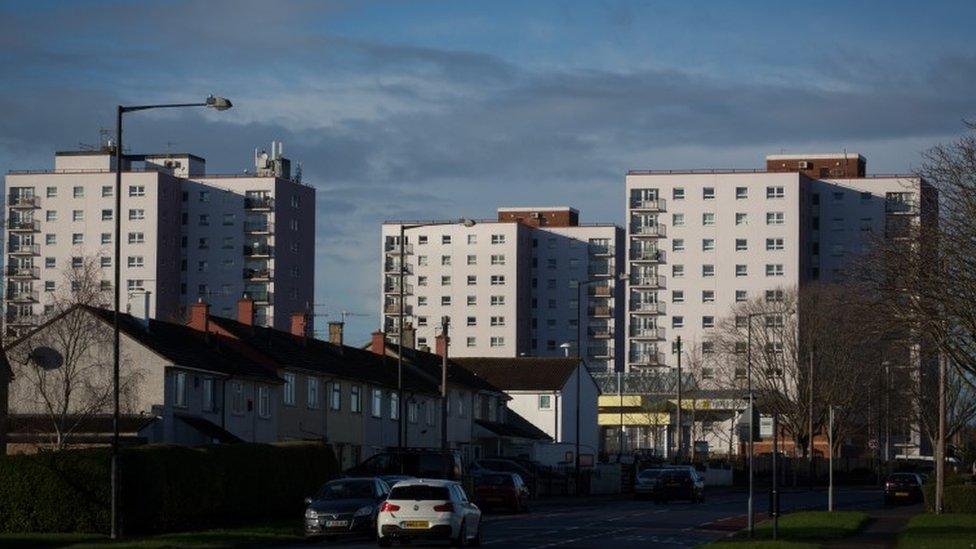
- Published14 April 2015
